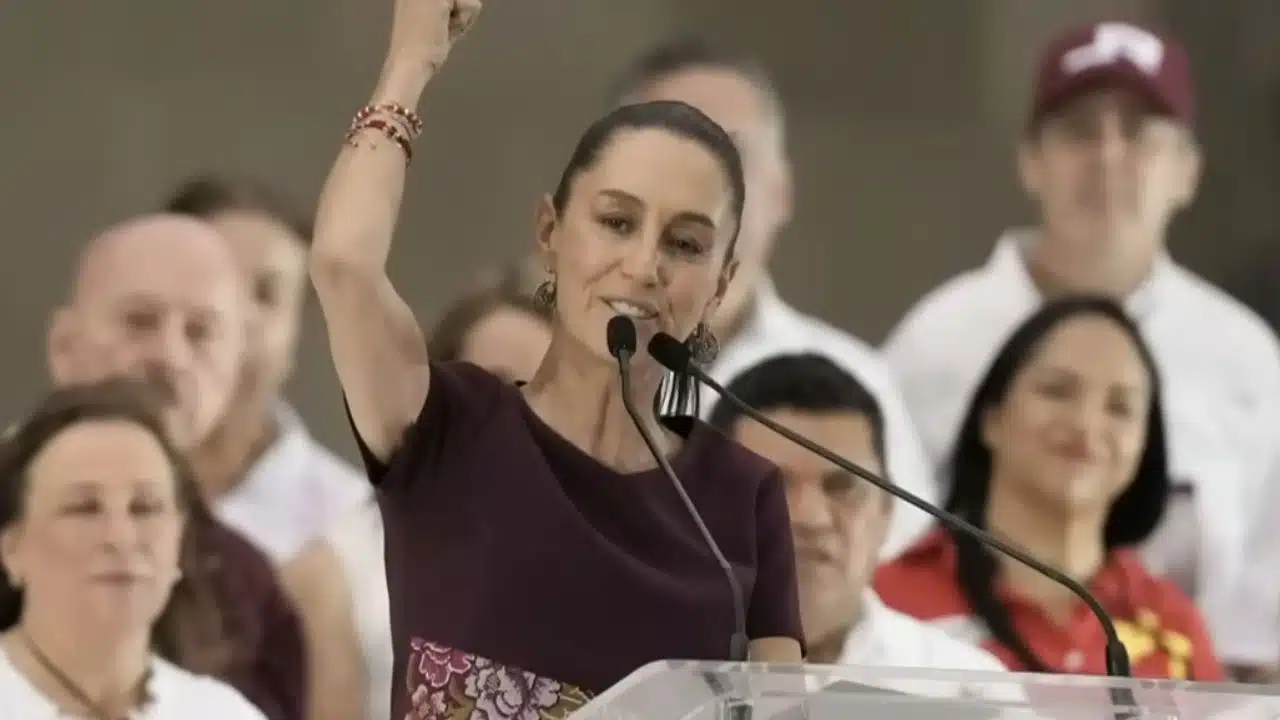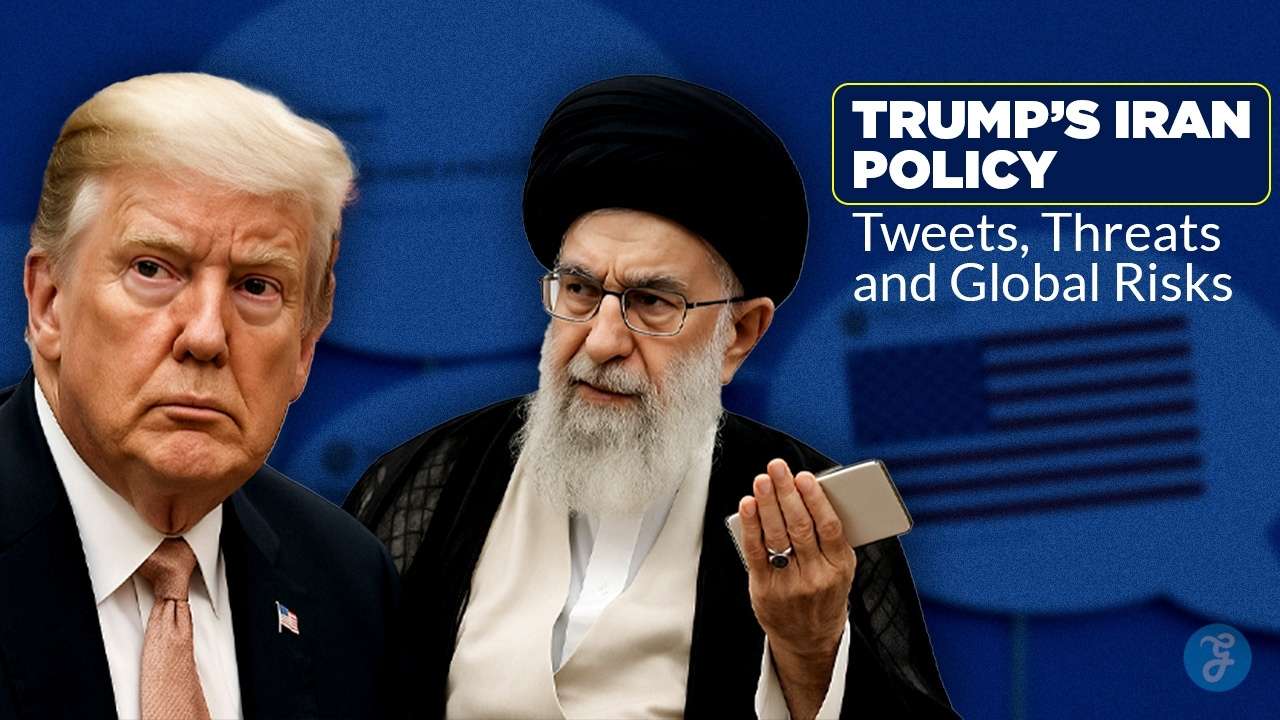Mexico has elected Claudia Sheinbaum, an environmental scientist and former mayor of Mexico City, as its first female president. In a nation where misogyny and gender-based violence are common problems, this historic event represents a significant milestone.
Sheinbaum’s victory underscores the advances women have made in Mexican politics.
A Continuation of AMLO’s Policies
Sheinbaum ran on the platform of maintaining the political course that President Andrés Manuel López Obrador (AMLO), her political mentor, had set over the previous six years. López Obrador, one of Mexico’s most divisive yet popular figures, has implemented social programs that have lifted millions out of poverty but has faced criticism for undermining democratic institutions and failing to curb cartel violence.
A Challenging Campaign
At 61, Sheinbaum led a campaign that saw her consistently ahead, despite a spirited challenge from opposition candidate Xóchitl Gálvez. This election was notable as it was the first time in Mexico’s history that the two main opponents were women. Gálvez, a tech entrepreneur and former senator, focused her campaign on addressing security concerns and taking a more aggressive stance against organized crime, contrasting with López Obrador’s “hugs, not bullets” policy.
Public Reaction and Challenges Ahead
The election saw nearly 100 million registered voters, with a slightly lower turnout compared to previous elections. Voters were also electing governors in nine of the country’s 32 states and choosing candidates for Congress, mayorships, and other local posts in what has been described as the biggest elections the nation has seen.
In Mexico City’s main plaza, the Zocalo, Sheinbaum’s lead did not draw the jubilant crowds that greeted López Obrador’s victory in 2018. Many supporters, like Fernando Fernández, a 28-year-old chef, expressed hope that Sheinbaum could address issues such as high gasoline prices, crime, and drug trafficking. Others, like business administrator Itxel Robledo, emphasized the need for professional expertise in government.
The Opposition’s Perspective
Gálvez, who has Indigenous Otomi roots and a background in tech entrepreneurship, campaigned on a platform of confronting cartel violence more aggressively and improving security. Her promise to take on the cartels resonated with voters like Julio García, a Mexico City office worker who has experienced armed robbery and believes a change in leadership is necessary.
Historic Victory and Future Prospects
After counting nearly 40% of the votes, projections indicated that Sheinbaum would win with between 58% and over 60% of the vote. In her victory speech, she confirmed that her rivals had conceded and congratulated her. People view Sheinbaum’s election as a reflection of her individual merit and a referendum on López Obrador’s presidency.
Sheinbaum’s background as a climate scientist and a member of the U.N. Intergovernmental Panel on Climate Change team that won the Nobel Peace Prize with former U.S. Vice President Al Gore in 2007 highlights her academic and professional achievements.
Her victory speech emphasized her commitment to continuing López Obrador’s policies, including universal pensions and youth apprenticeship programs.
A Divided Nation
Despite Sheinbaum’s historic win, Mexico remains deeply divided over its future direction. The ongoing issues of cartel violence and economic performance are central concerns for many voters.
Stephania Navarrete, a homemaker in Mexico City, echoed the sentiment of many others who are wary of the increasing violence in recent years, expressing hope that Sheinbaum would focus more on security.
The race for control of Congress and the mayoral post in Mexico City, now considered equivalent to a governorship, also drew significant attention. Sheinbaum follows in the footsteps of many Mexico City mayors, including López Obrador, who have gone on to run for president.
Claudia Sheinbaum’s election as Mexico’s first female president is a landmark achievement in the country’s political history. While she faces significant challenges, particularly in addressing security and continuing social programs, her victory is a testament to the progress women have made in Mexican politics. As she takes office, the nation will be watching closely to see how she navigates these challenges and shapes Mexico’s future.










































